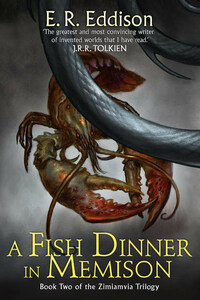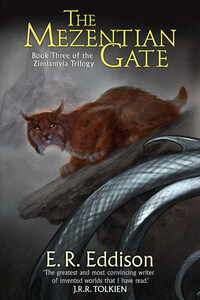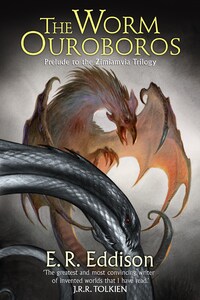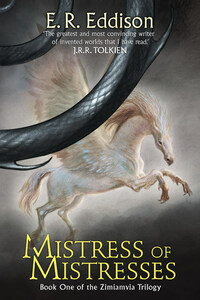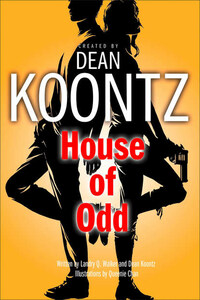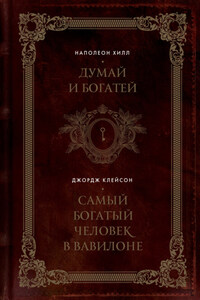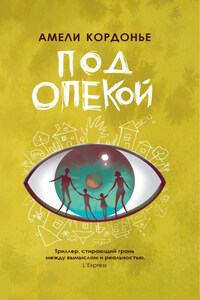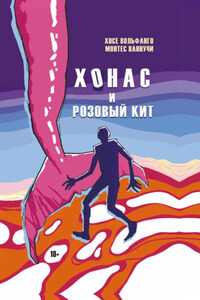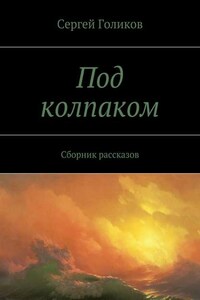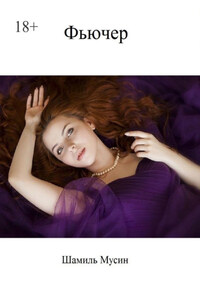Published by HarperCollinsPublishers Ltd
77-85 Fulham Palace Road
Hammersmith, London W6 8JB
www.harpercollins.co.uk
Copyright © E. R. Eddison 1941
Jacket illustration by John Howe © HarperCollinsPublishers Ltd. 2014
E.R. Eddison asserts the moral right to be identified as the author of this work.
A catalogue copy of this book is available from the British Library.
This novel is entirely a work of fiction. The names, characters and incidents portrayed in it are the work of the author’s imagination. Any resemblance to actual persons, living or dead, events or localities is entirely coincidental.
All rights reserved under International and Pan-American Copyright Conventions. By payment of the required fees, you have been granted the non-exclusive, non-transferable right to access and read the text of this e-book on screen. No part of this text may be reproduced, transmitted, down-loaded, decompiled, reverse engineered, or stored in or introduced into any information storage and retrieval system, in any form or by any means, whether electronic or mechanical, now known or hereinafter invented, without the express written permission of HarperCollins.
Source ISBN: 9780007578153
Ebook Edition © October 2014 ISBN: 9780007578160
Version: 2014-09-09
To my son-in-law
Flying Officer KENNETH HESKETH HIGSON
who in an air fight over Italy
saved his four companions’ lives
at cost of his own
I DEDICATE THIS BOOK
which he had twice read.
Proper names the reader will no doubt pronounce as he chooses. But perhaps, to please me, he will let Memison echo ‘denizen’ except for the m: pronounce the first syllable of Reisma ‘rays’: keep the i’s short in Zimiamvia and accent the third syllable: accent the second syllable in Zayana, give it a broad a (as in ‘Guiana’), and pronouce the ay in the first syllable (and also the ai in Laimak, Kaima, etc., and the ay in Krestenaya) like the ai in ‘aisle’: accent the first syllable in Rerek and make it rhyme with ‘year’: keep the g soft in Fingiswold: remember that Fiorinda is an Italian name, Beroald (and, for this particular case, Amalie) French, and Zenianthe, and several others, Greek: last, regard the sz in Meszria as ornamental, and not be deterred from pronouncing it as plain ‘Mezria’.
This divine beauty is evident, fugitive, impalpable, and homeless in a world of material fact; yet it is unmistakably individual and sufficient unto itself, and although perhaps soon eclipsed is never really extinguished: for it visits time and belongs to eternity.
GEORGE SANTAYANA
EURIPIDES, ION, 1615
… though what if Earth
Be but the shaddow of Heav’n, and therein
Each to other like, more than on earth is thought?
MILTON, PARADISE LOST, V. 571
Ces serments, ces parfums, ces baisers infinis,
Renaîtront-ils d’un gouffre interdit à nos sondes,
Comme montent au ciel les soleils rajeunis
Après s’être lavés au fond des mers profondes?
—O serments! ô parfums! ô baisers infinis!
BAUDELAIRE, LE BALCON
SAPPHO, ODE TO APHRODITE
THIS is a terrific book.
It is not much use asking, whether a given writer is great or not. The future will decide as to that, and will take only proper account of our considerations on the matter. But we may enquire as to whether the given writer does or does not differ from other writers: from, that is, those that went before, and, in especial, from those who are his and our contemporaries.
In some sense Mr Eddison can be thought of as the most difficult writer of our day, for behind and beyond all that which we cannot avoid or refuse – the switching as from a past to something that may be a future – he is writing with a mind fixed upon ideas which we may call ancient but which are, in effect, eternal: aristocracy, courage, and a ‘hell of a cheek’. It must seem lunatic to say of any man that always, as a guide of his inspiration, is an idea of the Infinite. Even so, when the proper question is asked, wherein does Mr Eddison differ from his fellows? that is one answer which may be advanced. Here he does differ, and that so greatly that he may seem as a pretty lonely writer.
There is a something, exceedingly rare in English fiction, although everywhere to be found in English poetry – this may be called the aristocratic attitude and accent. The aristocrat can be as brutal as ever gangster was, but, and in whatever brutality, he preserves a bearing, a grace, a charm, which our fiction in general does not care, or dare, to attempt.
